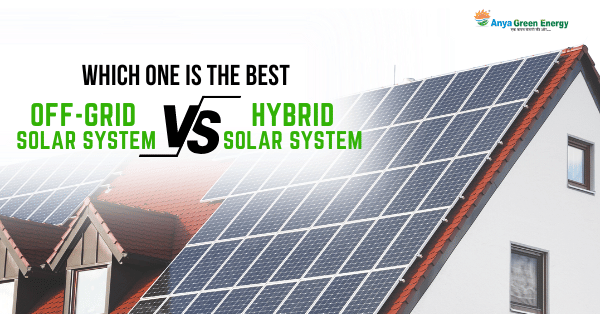HYBRID SOLAR SYSTEM FOR SILK INDUSTRY
The silk industry, with its intricate and delicate processes, is a cornerstone of the textile sector. However, the energy-intensive nature of silk production poses significant challenges for sustainability. Hybrid solar systems offer a tailored solution to meet the unique energy needs of the silk industry. By combining solar and conventional power sources, these systems unlock a sustainable, reliable, and cost-effective energy supply.
GET HYBRID SOLAR SYSTEM FOR SILK INDUSTRY

Why choose hybrid solar system for silk industry ?
The silk industry’s operations, from sericulture to weaving, require a consistent and reliable power supply. A hybrid solar system for silk industry provides an innovative solution by seamlessly integrating solar energy with conventional sources. This ensures uninterrupted operations, regardless of external factors like weather or time of day, making it an ideal choice for the silk sector.
Importance of hybrid solar system for silk industry
- Environmental Stewardship:
In an era where sustainability is paramount, the silk industry is under growing pressure to adopt eco-friendly practices. Hybrid solar systems offer a significant step towards achieving this goal. By harnessing the abundant power of the sun, businesses can substantially reduce their reliance on fossil fuels, lowering their carbon footprint and contributing to global efforts to combat climate change.
- Operational Efficiency and Cost Reduction:
The silk industry relies on precise and energy-intensive processes, making a reliable power supply essential. Hybrid solar systems play a crucial role in optimizing energy use. By generating electricity through solar panels, silk mills and weaving units can significantly reduce their dependence on the grid. This leads to substantial cost savings over time, enhancing the industry’s financial sustainability.
- Energy Independence:
In a rapidly evolving energy landscape, establishing independence from volatile energy markets is critical for the stability and growth of silk-related enterprises. Hybrid solar systems provide a level of energy autonomy, allowing businesses to exert greater control over their energy supply and insulating them from market fluctuations.
Benefits of hybrid solar system for silk industry
- Reliability and Continuity:
Uninterrupted power supply is crucial for the silk industry’s intricate processes. Hybrid solar systems ensure a seamless transition between solar and conventional energy sources, guaranteeing a constant and reliable power supply, regardless of external conditions.
- Scalability:
The modular nature of hybrid solar systems allows for easy expansion to meet growing energy demands. This scalability is invaluable for silk-related businesses, which may experience fluctuations in energy requirements due to seasonal variations or business expansion.
- Regulatory Compliance:
Governments worldwide are implementing stricter regulations and offering incentives to promote renewable energy adoption. Investing in hybrid solar systems ensures compliance with current and future environmental mandates, avoiding potential penalties and enjoying the benefits of government incentives.
- Enhanced Reputation and Market Positioning:
Embracing sustainable practices not only aligns with global environmental goals but also enhances the reputation and market positioning of silk-related businesses. This commitment to environmental stewardship resonates with a growing market of eco-conscious consumers, potentially leading to increased customer loyalty and market share.
In conclusion, the integration of hybrid solar systems is a transformative step forward for the silk industry, offering a powerful tool to enhance sustainability, reduce costs, and secure a reliable energy supply. As the world shifts towards more eco-conscious practices, adopting hybrid solar system for silk industry is not just a strategic choice; it’s a necessity. By harnessing the power of the sun, silk-related businesses can not only improve their bottom line but also contribute to a greener, more sustainable world. This innovative technology is poised to redefine the future of the silk industry, leading the way towards a more environmentally conscious and economically viable sector.


